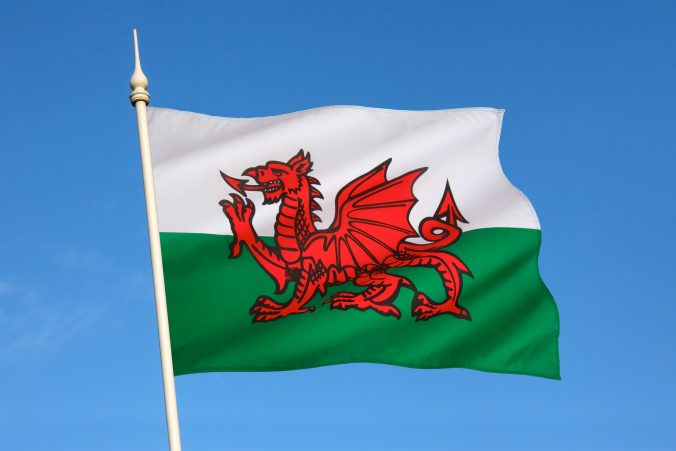Creating an official digital currency in the UK could pose significant risks to the financial stability of banks, a House of Lords committee has warned.
The Lords Economic Affairs Committee said introducing a Central Banking Digital Currency (CBDC) ‘would have far-reaching consequences for households, businesses and the monetary system‘.
The committee made its conclusions after hearing testimony from witnesses, including the Bank of England’s Governor, Andrew Bailey; his deputy Sir John Cunliffe; Economic Secretary to the Treasury, John Glen; and senior Treasury official Charles Roxburgh.
Lord Forsyth of Drumlean, Chair of the House of Lords Economic Affairs Committee, said:
‘These risks include state surveillance of people’s spending choices, financial instability as people convert bank deposits to CBDC during periods of economic stress, an increase in central bank power without sufficient scrutiny, and the creation of a centralised point of failure that would be a target for hostile nation-state or criminal actors.’
Internet link: Parliament website












